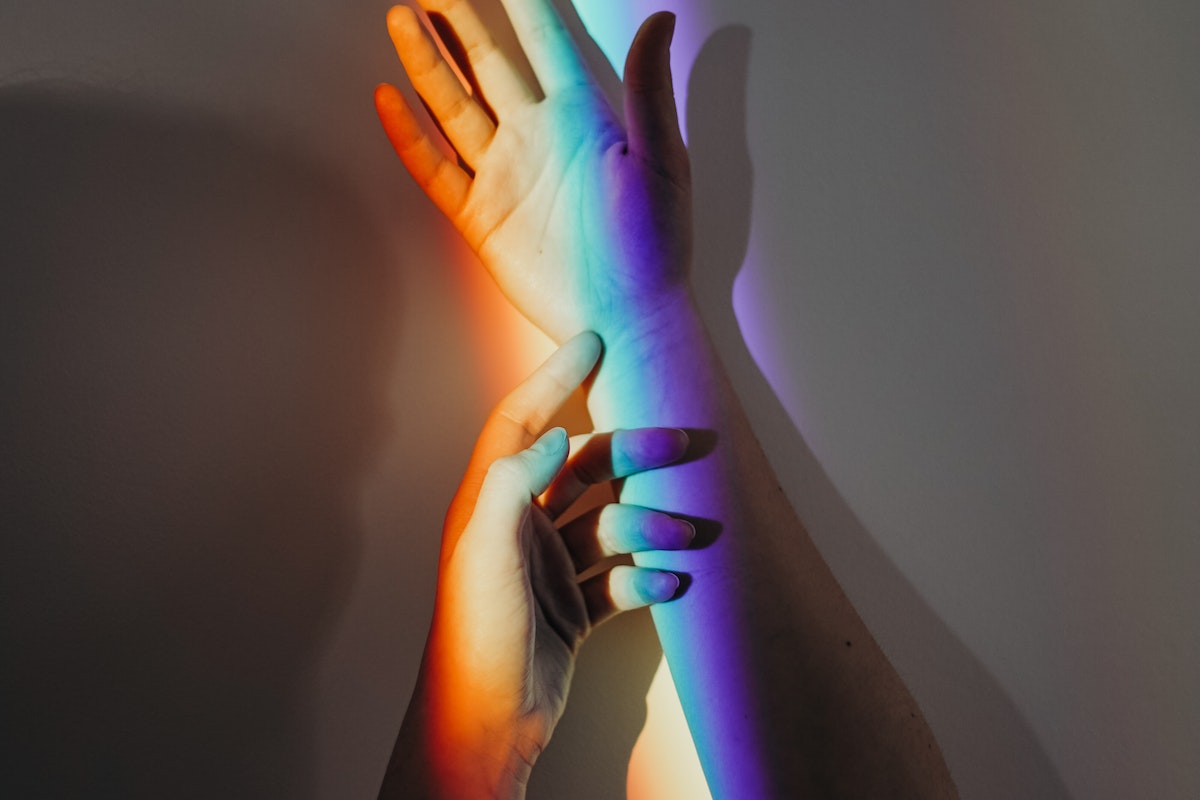You might want to read that title again.
It’s fascinating when my daughter comes up with the most non-presumptuous wisdom bounded in her very mischievous self. So, this one morning, like many other mornings, she and I had a lungful of screaming to get her off to school in time. She left in a huff, and I cringed.
When she returned post noon, I squeezed her in affection, the morning tantrum almost amnesiac for both of us by now. But while she was hugging me, she suddenly said in all honesty, “when you love me, I like you a lot, you are my favourite” hugging me even tighter. “But” she continued tentatively, “when you get angry at me, I don’t like you at all. So, then I can’t decide which is correct?” she glanced up as if to check if I may be angry again. Of course, I wasn’t. If anything, I was blown away by her innocent and succinct emotional processing of relationship dynamics.
I admitted my own feelings to her that when she is nice and agreeable, I like her so totally but when she chooses to be stubborn and grouchy, I do get somewhat bitter. But I guess both feelings are for real. This little conversation has led me here to ask everyone I know, which version of me do you like, vice versa which version of you do I like? My first instinctive response was, I like that version of you which loves me or let’s say approves of me.
The two most striking inferences for me, from this episode, were realizing how glibly, seamlessly and naturally we each have several versions of ourselves. But hypocritically when coming to others, we choose one particular version or image of people to our liking. And even expect them to conform to it till eternity for our benefit. Of course, this is a ridiculous way of looking at people, dealing with them, living with them and even trying to establish relationships with them. And I am as hell guilty of living with this ridiculousness.
I feel embarrassed to admit this, but I may as well that we are never really in love with people. We are in love with their images, and that too with an image that works to our advantage. Naturally, the image which is advantageous or appealing to me is the one that holds me in a place of distinction. So, as long as you are presenting this particular version of yourself which is comforting and feeding my ego, I find you so utterly likeable. But the moment, you show a different side which doesn’t find a match in my memory, and wherein you are at disagreement with me, I begin to find you moronic.
Especially in couple or love relationships, do you recall asking this to yourself almost instinctively, “what was I even thinking to be with you?” Well, you were thinking that he/she shall forever live up to your image of them, nothing more nothing less.
As if by serendipity and to reiterate my own thoughts, I happened to read the great Jiddu Krishnamurti’s insight on this very topic soon after. I am reproducing it for its sheer wisdom and truth “…Relationship between human beings is based on the image-forming, defensive mechanism. In all our relationships each one of us builds an image about the other, and these two images have relationship, not the human beings themselves. The wife has an image about the husband and the husband has an image about the wife… Relationships based on these images can obviously never bring about peace because the images are fictitious, and one cannot live in an abstraction…And conflict will inevitably arise so long as there is a division between what should be and what is, and any conflict is a dissipation of energy.”
Analysing my own behaviour in conflicts, I realized, how loving someone is not even enough for us at least most times. When you build an image and love that image, you also build another image simultaneously of being loved back by that person. And when this image isn’t delivered, it doesn’t go down well with you.
But why is it so important to be loved back? In my book, ‘STREAMS MEET AND RIVERS FLOW’ a chapter titled ‘Why do we need someone to make us feel special?’ gives the psychological origins for it. And ever since those origins we have remained trapped in it. Being loved back serves our desire for admiration, validation and distinction all at once. Because within ourselves we are somewhat disillusioned. And hence, we attach so quickly to other people, things and ideas, finding it hard to simply love without conditions, expectations and without being loved back. It also goes to explain why we are able to love so few people in our lives. In fact, if you think right now, you’ll see we love only those with whom and for whom we have a mutually favourable image.
Yet, some of you may have been fortunate to experience a deeper level of love in certain moments of heightened awareness where you are indeed capable of loving and have loved others with abundance and complete abandon. A love that goes beyond images and expectations. A love that gets angry but not acrid, a love that gets exciting but not envious. And this love flowers exactly when the ridge between what should be and what is remains no more.
~Radhika Mimani
Photo by cottonbro: https://www.pexels.com/photo/persons-hands-with-rainbow-colors-3693901/





